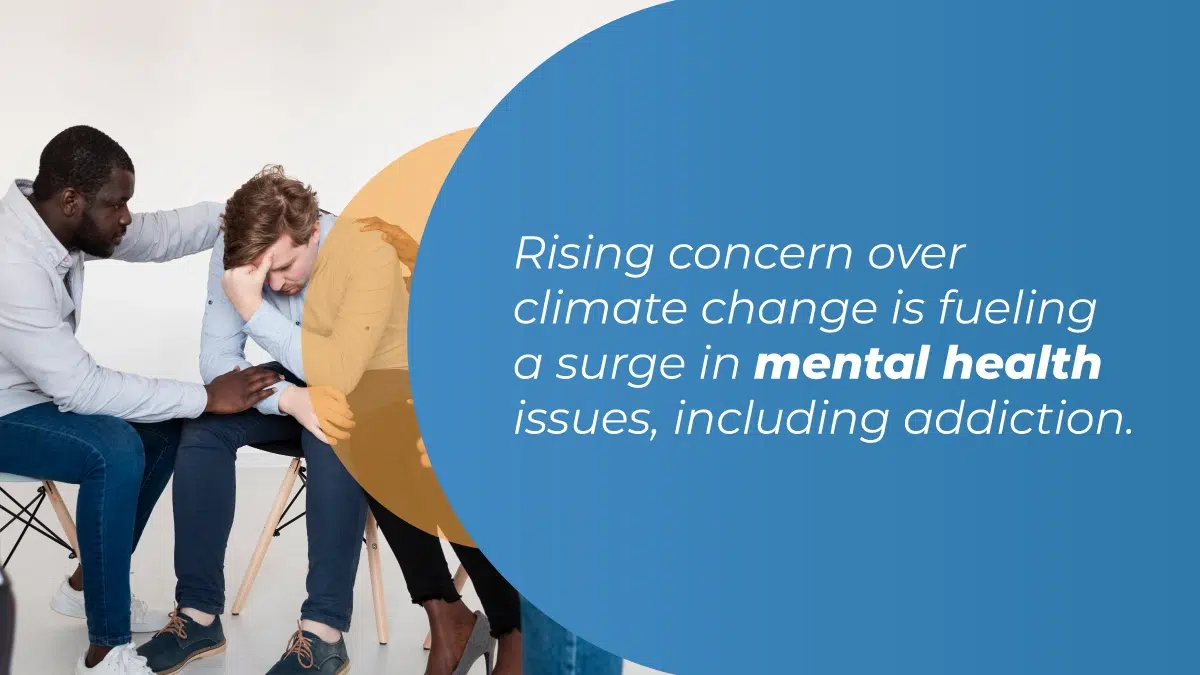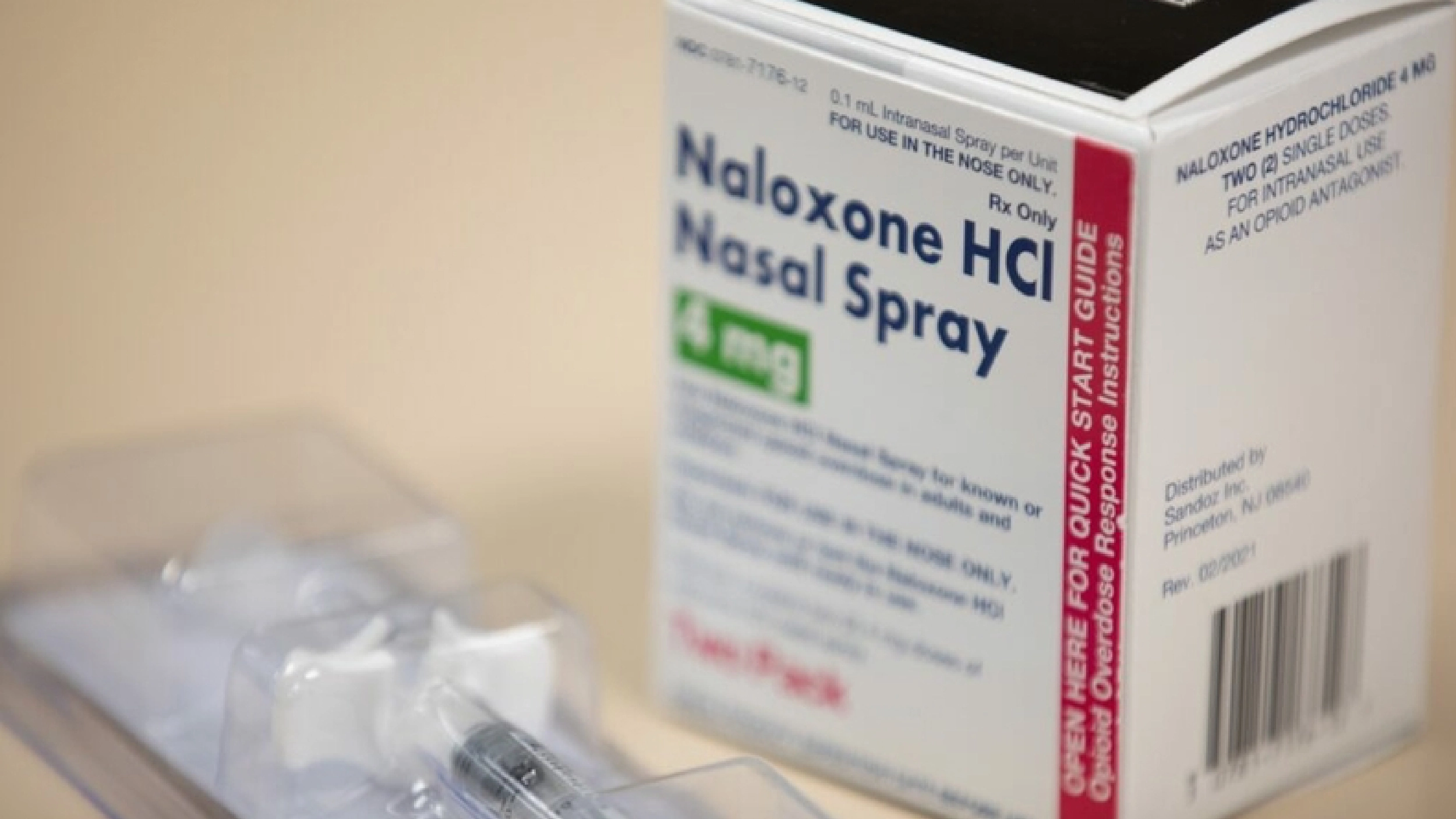How the Climate Crisis Affects Mental Health
Climate anxiety refers to the mounting psychological distress caused by the escalating threats posed by climate change. As our planet undergoes rapid and often devastating transformations, individuals are increasingly experiencing feelings of fear, helplessness, and despair.
This emotional response is driven by concerns over the potentially irreversible consequences of rising temperatures, extreme weather events, and environmental degradation.
Climate anxiety underscores the profound interconnectedness between human emotions and the environment, compelling us to explore strategies for resilience, adaptation, and collective action to alleviate its impact on mental well-being while fostering a sustainable world.
Key Takeaways
Education and awareness are pivotal in mitigating climate anxiety by empowering individuals to take meaningful eco-friendly actions.
- Climate anxiety, or eco-anxiety, is a psychological response to the stress and distress caused by the ongoing climate crisis and environmental degradation.
- Rising concern over climate change is fueling a surge in mental health issues, including addiction.
- Addressing climate anxiety requires a multi-faceted approach that combines environmental policies with accessible mental health support.
Contact The Recovery Team at (800) 817-1247 for professional addiction care to foster growth and resilience.
Major Causes of Climate Anxiety
Several factors contribute to the development of climate anxiety.
Below are some common factors causing climate anxiety and posing a real threat in the modern world:
- Scientific Understanding: The increasing body of scientific evidence highlighting the severity of climate change and its potential consequences can lead to feelings of helplessness and fear for the future.
- Media Coverage: Extensive media coverage of climate-related events, such as extreme weather events, wildfires, and melting ice caps, can amplify anxiety by constantly exposing individuals to distressing information.
- Personal Experience: People who have experienced the effects of climate change, such as living through extreme weather events or witnessing environmental degradation, may develop anxiety due to their direct exposure to the impacts.
- Future Uncertainty: The uncertainty surrounding the future, including potential environmental, economic, and social disruptions caused by climate change, can lead to feelings of apprehension and anxiety.
- Economic Concerns: Worries about the economic consequences of climate change, such as job losses in certain industries or increased costs associated with adaptation and mitigation efforts, can contribute to anxiety.
- Grief and Loss: Some individuals experience a form of climate grief, mourning the loss of natural landscapes, species, and a way of life that may be threatened by climate change.
- Social and Cultural Factors: Peer pressure, social norms, and cultural values can contribute to climate anxiety, especially if an individual’s concerns are not acknowledged or validated within their social circles.
- Overwhelming Scale: Climate change’s global nature and scale can make it seem impossible, overwhelming individuals with feelings of powerlessness.
- Delayed Effects: Climate change often involves slow, gradual changes, making it difficult for people to feel a sense of urgency and take meaningful action, potentially leading to anxiety disorders about the long-term impacts.
Recognizing Symptoms of Climate Anxiety
Eco-anxiety can manifest in various emotional and physical ways. While climate anxiety is not a clinical diagnosis, it is a legitimate psychological and emotional response to ongoing environmental challenges.
Some potential symptoms of climate anxiety may include the following:
- Worry and Obsession: Persistent thoughts and preoccupation about the future impacts of climate change, such as extreme weather events, sea-level rise, biodiversity loss, etc.
- Fear and Dread: Feelings of fear and hopelessness about the state of the planet and the potential consequences for future generations.
- Helplessness and Hopelessness: A sense of powerlessness to effectively address or mitigate climate change leads to hopelessness about the future.
- Guilt and Shame: Feeling responsible or guilty for personal actions contributing to environmental degradation and guilt about not doing enough to combat climate change.
- Sadness and Grief: Experiencing sadness or grief over losing natural landscapes, species, and ecosystems due to climate change.
- Anger and Frustration: Feeling anger and frustration toward governments, industries, and individuals perceived as not taking sufficient action to address climate change.
- Avoidance Behavior: Avoid conversations, news, or information related to climate change due to the distress it causes.
- Social Isolation: Withdrawing from social activities or relationships due to alienation from those who may not share the same concerns about climate change.
- Loss of Concentration: Difficulty focusing on everyday life tasks or responsibilities due to preoccupation with climate-related concerns.
- Heightened Emotional Responses: Experiencing strong emotional reactions to environmental news, such as increased anxiety, panic attacks, or depressive episodes.
- Coping Mechanisms: engaging in coping mechanisms like overconsumption, substance abuse, or denial to manage the stress and anxiety related to climate change.
Impact of Climate Anxiety On Different Age Groups
Climate anxiety can affect any age group, including young children and older adults. Let’s explore the potential impacts of climate anxiety on these two age groups:
Effects of Climate Anxiety on Younger Generations
- Mental Health: Younger generations, such as children and adolescents, may experience heightened anxiety, depression, and stress due to their awareness of the existential threats posed by climate change. They might worry about their future, the state of the planet, and the potential inaction from current leaders.
- Grief and Loss: Young people might experience grief and loss as they witness the destruction of ecosystems, natural disasters, loss of biodiversity, and negative impacts on their quality of life. They may mourn the potential disappearance of certain species or natural landscapes.
- Academic Performance: Climate anxiety could impact academic performance as young adults may struggle to concentrate on their studies when preoccupied with worries about the future.
Climate Anxiety Among Adults
- Stress and Anxiety: Adults who are aware of the effects of climate change may experience stress and anxiety related to concerns about the future of their children and grandchildren. They may feel a sense of responsibility for leaving behind a habitable world.
- Health Concerns: Research claims that older individuals may worry about the health impacts of climate change, such as heat-related illnesses, air pollution, and the spread of diseases influenced by changing ecosystems.
- Financial Concerns: Climate anxiety may lead to financial worries, especially for adults who fear the economic consequences of extreme weather events, rising sea levels, and changing industry landscapes.
- Coping Strategies: Older individuals may rely on unhealthy coping mechanisms, such as abusing substances, to distract from their worries.
Coping with Climate Anxiety
Managing climate anxiety requires a combination of personal strategies, community involvement, and a broader perspective on the issue.
Therapy and Counseling for Climate Anxiety
Therapy and counseling for climate anxiety have become increasingly important as more individuals are experiencing distress related to the ecological and environmental challenges our world faces.
Here are some approaches that therapists and counselors may use to address climate anxiety:
- Cognitive-Behavioral Therapy (CBT): Cognitive-Behavioral Therapy is a widely used approach that identifies and challenges negative thought patterns and beliefs. Therapists may help individuals recognize and reframe catastrophic thinking related to climate change, providing coping strategies and tools to manage their anxiety.
- Eco therapy: Eco therapy involves connecting with nature to improve mental well-being. Therapists might incorporate outdoor activities, nature walks, or mindfulness exercises in natural settings to help clients develop a stronger bond with the environment and reduce anxiety.
- Group therapy: Participating in group therapy with people who share similar concerns can provide a sense of community and reduce isolation. Group discussions, shared experiences, and mutual support can be valuable for managing climate anxiety.
- Counseling: Sometimes, individuals need a safe space to express their feelings and concerns. Counseling offers validation, empathy, and active listening, which can help individuals process their emotions related to climate change.
- Behavioral Changes and Action: Positively addressing environmental concerns can help alleviate climate anxiety. Therapists might work with individuals to identify actionable steps they can take, such as adopting sustainable lifestyle changes or getting involved in environmental advocacy.
- Psychological Education: Therapists may provide education about climate change’s psychological and emotional impacts, helping individuals better understand their feelings and reactions. By gaining insight into
Strategies to Manage Climate Anxiety
Following are some strategies to help manage climate anxiety:
- Education and Awareness: Learning more about the climate crisis can empower you with knowledge and understanding. Stay informed about the latest developments, scientific findings, and potential solutions. This can help reduce feelings of helplessness and uncertainty.
- Limit Media Consumption: While staying informed is important, excessive exposure to distressing news and images can contribute to anxiety. Set limits on your social media consumption and choose reliable sources with balanced perspectives.
- Environmental Action: Taking tangible steps to reduce your environmental impact can alleviate feelings of helplessness. This could include using sustainable transportation, reducing energy consumption, and supporting eco-friendly products.
- Mindfulness and Meditation: Mindfulness and meditation can help you stay present and manage anxious thoughts. Techniques like deep breathing, progressive muscle relaxation, and meditation can promote a sense of calm and control.
- Connect with Others: Joining support groups or communities focused on climate activism and environmental causes can provide a sense of belonging and purpose. Sharing your concerns with like-minded individuals can help alleviate feelings of isolation.
- Physical Well-being: Prioritize your physical health, for example, regular exercise, a balanced diet, and sufficient sleep. Physical well-being is closely linked to mental well-being and can help you better manage stress.




